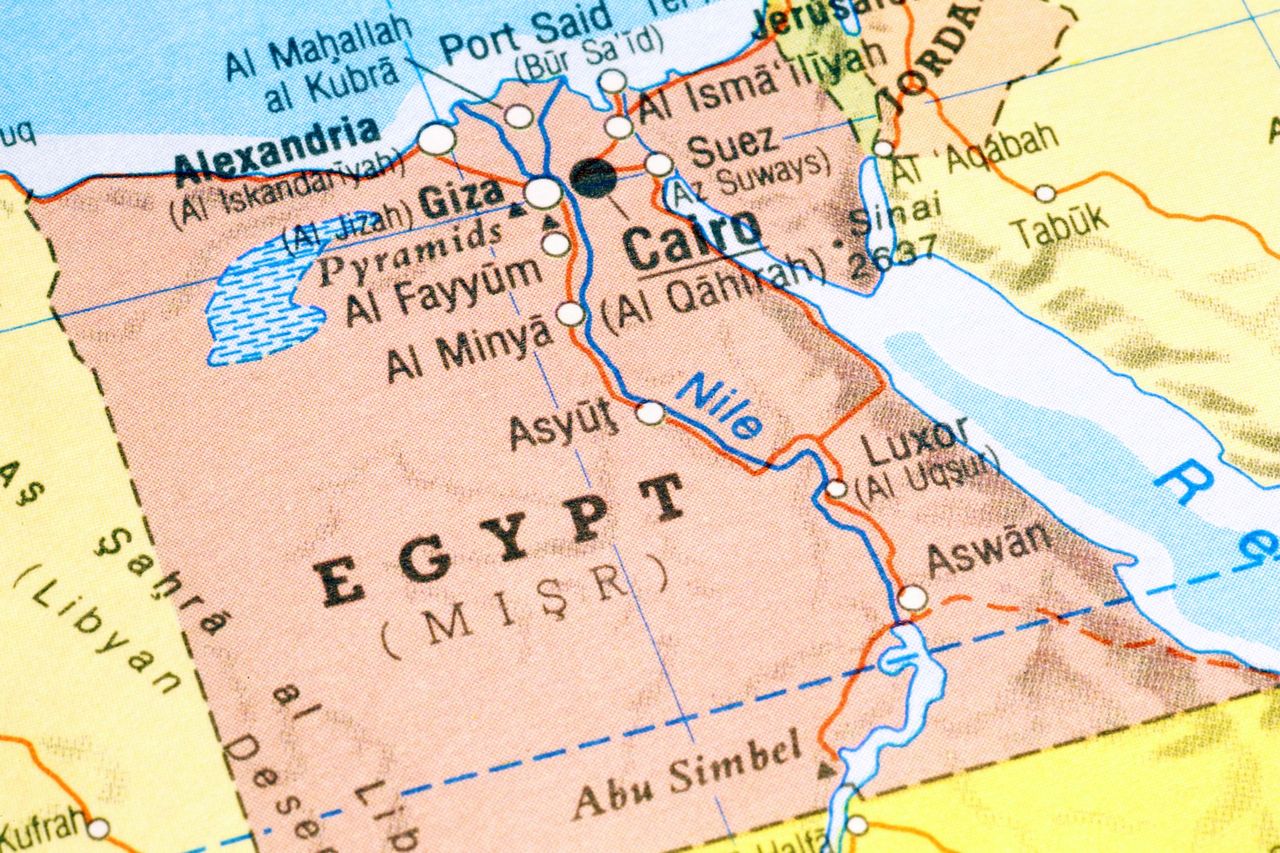EGYPT: Sunrise Project provides technical skills training for refugees

Salesian Missions received funding from the US Department of State’s Bureau of Population, Refugees and Migration
(MissionNewswire) Salesian missionaries in Egypt have been offering training to assist refugees in gaining the skills needed for employment or self-employment through the Sunrise Project for Cairo’s Urban Refugees and Vulnerable Hosts since 2014. The project continued during the September 2021-2022 funding cycle and was made possible thanks to funding Salesian Missions, the U.S. development arm of the Salesians of Don Bosco, received from the U.S. Department of State’s Bureau of Population, Refugees and Migration (PRM). The project is facilitated through a Salesian technical and vocational training center in Cairo.
To date, the project has improved the livelihoods and quality of life of more than 3,000 Sub-Saharan African, Yemeni, and Syrian refugees, and vulnerable Egyptians. The popularity of the training continues to grow.
This popularity led to 498 trainees in the program and 375 successful graduates across 12 workshops. Of the graduates, 77% were refugees and 44% were women. Twenty-seven percent of trainees found formal employment. In addition, 80 trainees received a seed grant and one-on-one mentoring to start their own business. Of these trainees 75% were refugees and 69% were women. Salesians created a new method for the seed funding mentoring. Instead of an outside consultant coming in to work with the trainees, Salesians developed a business curriculum and utilized mentors acting as business trainers to build local capacity and provide trainees a more customized and tailored approach.
Follow-up with those who had received seed funding over the previous three years found that more than 65% of microenterprises were still operational after 12 months. Twenty-one percent of respondents said their income was sufficient to meet their household needs and 17% said they had enough to save.
The Sunrise Project team also developed a wider network of partners across to foster better outcomes for trainees. Among these are 24 companies and factories that are willing to employ refugees and guarantee their rights. This work has been important for securing internships for trainees and employment after graduation.
One of the most beneficial relationships the Sunrise Project team developed this year was with an Egyptian lawyer specializing in refugee and migrant workers’ rights. He led legal panel discussions with both employers and trainees at a career fair. The session for potential employers included information about refugees, refugee status, the international conventions on human rights and the U.N. Charter on the Rights of Refugees, how to legalize a refugee’s status within the scope of labor market in Egypt, and a refugee’s right in the workplace. The employers’ legal inquiries were answered and they were given a copy of a legal employment contract for refugees. The session for trainees included much of the same information, as well as occupational safety rules in the work environment.
“The technical training provided as part of the Sunrise Project allowed many participants to increase their skill level and find stable employment or start their own business,” said Father Timothy Ploch, interim director of Salesian Missions. “Additional services provided through the project have also been a real success, ensuring that participants have the wrap-around services they need to holistically support them to make the most of their training.”
In addition to the main employment skills training, the Sunrise Project provides life skills training, Arabic language lessons, health support, entrepreneurship literacy workshops, job panels, seed grants, and violence prevention training to help refugees build the skills needed to succeed in the workplace and adjust in their new environment. One of the great successes of the project is the additional social services, including transportation vouchers for travel to and from courses, fully funded for participants. Those engaged in the training are also provided vouchers to purchase groceries and other essentials from a local store. This helps to ensure that basic needs like nutrition are met so trainees can focus on their education and attend workshops regularly.
Egypt serves as both a destination and a transit country for refugees and asylum seekers. At the end of 2022, more than 289,000 refugees and asylum seekers were registered with the U.N. Refugee Agency (UNHCR) in Egypt, 47,000 of whom were newly registered. The vast majority have fled wars and conflict in their homelands and have come to Egypt seeking shelter and safety before moving on to their next destination. Many end up in Cairo’s slums without the means to make a living due to restrictive national labor laws for refugees and discrimination by Egyptians. Many of these refugees are women and children who have been forced into poverty with little means to provide for themselves.
###
Sources:
UNHCR – Global Focus Egypt



